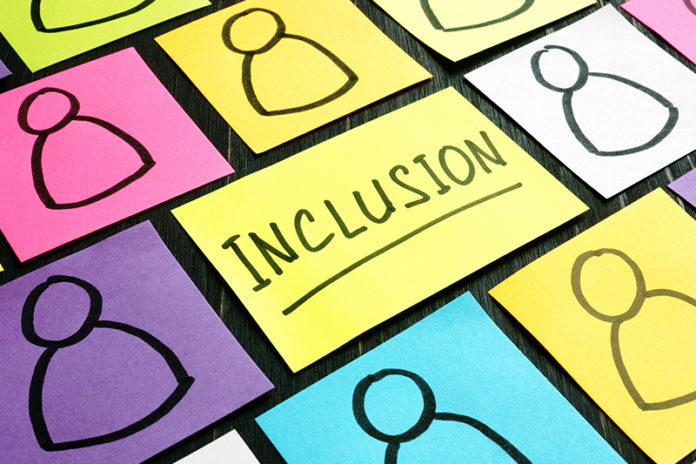In its Thursday decision letting a Catholic agency decline to place foster children with same-sex couples, the Supreme Court analyzed the First Amendment, state law and judicial precedents. But what prevailed in the end are the words emblazoned on the Great Seal of the United States: E pluribus unum. Out of many, one.
America is a land of rights. The constitution explicitly enshrines several, and it has been interpreted to protect more. Federal and state statutes recognize others. Our reverence for rights stems from a respect for individual autonomy. It affirms that each person has a sphere in which to act without permission from anyone.
But this nation is also a kaleidoscope of differences — in race, religion, culture, ideology and more. Uniformity is not part of our national makeup. We prize our shared values — well, most of us do — but we cherish the attributes that not all of us share.
The result of these parallel traditions is that your right to do as you please sometimes conflicts with your neighbors’ right to do as they please. The only way to manage those conflicts is to preserve a space where both sides get much of what they want but neither gets all they want.
In this case, the city of Philadelphia elected to stop referring children to Catholic Social Services because it won’t certify same-sex couples as foster parents. Taking the view that “marriage is a sacred bond between a man and a woman,” CSS’s policy does not allow it to place kids with unmarried couples or married same-sex couples — though it has never actually refused, because no such couple has ever applied.
If one were to do so, the organization attested, it would refer them to one of the dozens of adoption agencies in Philadelphia that don’t exclude same-sex couples. CSS has no objection to placing kids with single foster adults, gay or straight.
The city argued that its policy on same-sex couples amounts to discrimination, in violation of a city ordinance. In its view, allowing CSS to refuse them “would do a disservice to children in the foster system, unnecessarily limit the pool of available parents, and send a very strong signal to (the LGBTQ) community that (its) rights are not protected.”
But the real disservice to children would come about if CSS were excluded from the foster care system for adhering to its religious beliefs.
Those beliefs, keep in mind, are the motive behind its undisputed devotion to helping these children. The pool of available parents is not affected by the CSS policy, because same-sex couples can and do register with other agencies.
The needs of the children argue in favor of keeping such religious groups in the system, as Cato Institute legal scholar Walter Olson told a House committee last year, in reference to the issue at the center of this case.
“It would be a humanitarian calamity to lose conservative religious agencies, many of which also have long track records of success,” he said. “If conservative religious agencies are driven out, which children will wait longer for a family, or age out of the system without finding one? Can we in good conscience dismiss their interests as collateral damage in the pursuit of the anti-discrimination principle?”
It’s often assumed that when two sides claim conflicting rights, any solution must come at the expense of one or the other. But this conflict is a matter more of symbolism than of substance. The signal to gays from letting CSS follow its conscience is not that their rights are unprotected but that their rights are not unlimited — and that the freedom of religious believers also warrants protection, within reason.
Pluralism is vital in a free, diverse and democratic society. In some instances, it requires that groups with opposing beliefs and practices must live with less than their ideal outcome. Religious groups may not deny gays the right to marry and raise children — but gay couples may not force religious people to give up the obligations of faith to participate in public programs.
It may be easy to achieve harmony in a society where everyone thinks and behaves the same way. The essential value of pluralism is to let people live together despite fundamental differences. For competing groups to insist that their rights must prevail in every context, no matter what, is to stoke fierce, relentless conflict. Pluralism is a recipe for peace.































